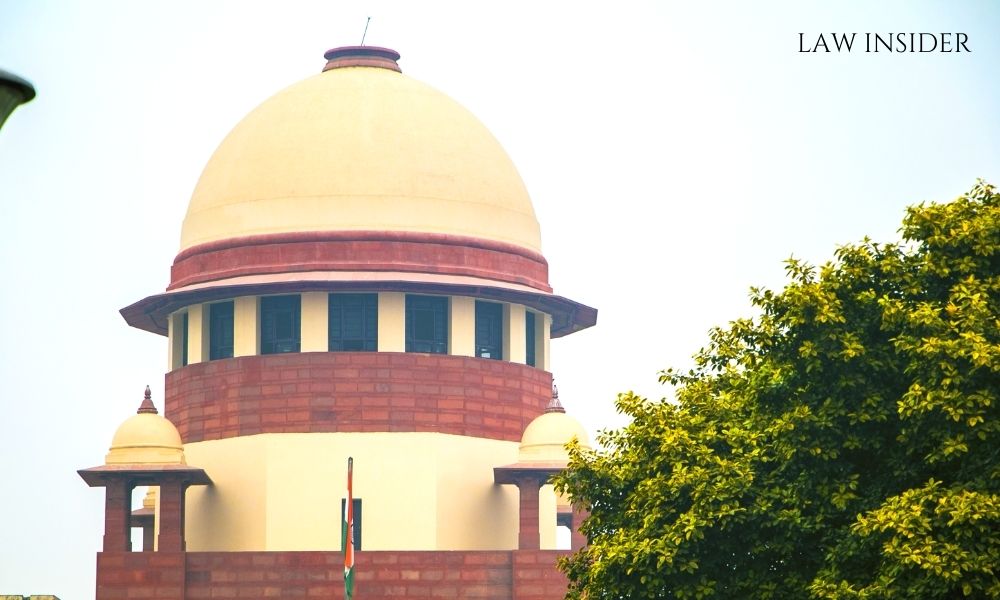LI Network
Published on: 29 August 2023 at 12:30 IST
The Supreme Court has underscored that making adverse remarks against public officials should be approached with caution and restraint, and such remarks should only be made when absolutely necessary.
The bench of Justices Abhay S. Oka and Sanjay Karol observed that any remarks issued by a court should consistently adhere to the principles of justice, fair play, and moderation, reflecting sobriety and reserve.
The case in question pertains to a writ petition filed by Shikha Trading Company against the unwarranted sealing of its shop by officers of the Department of Excise and Taxation, Punjab.
The High Court, while allowing the petition, noted that Rishi Pal Singh, an officer posted as Assistant Excise Taxation Commissioner (AETC Ludhiana-I), had filed a misleading affidavit. Subsequently, the High Court directed the initiation of criminal proceedings against Singh, along with the registration of an FIR.
Upon appeal, the Supreme Court bench observed that Singh had neither been made a party to the dispute nor given an opportunity to present his case. Furthermore, there was no evidence indicating any animosity on Singh’s part toward the petitioner before such adverse actions were taken against him.
Drawing from previous judgments, particularly State of UP v. Mohammad Naim, the Court emphasized:
- Remarks of an adverse nature should not be passed under ordinary circumstances, and only when absolutely necessary, which should further be justified as essential for the proper adjudication of the ongoing case.
- The language used in court remarks should always align with the principles of justice, fairness, and moderation. Words employed should convey sobriety, restraint, and temperance.
- Such remarks, “due to the immense authority vested in our roles, can potentially compromise the independence of judges,” and might “deter officers and various personnel from carrying out their duties.” Consequently, “serious adverse remarks on a person’s character or professional competence should not be made lightly.“
Addressing the process of expunging such remarks, the Court made the following observations:
The power to expunge remarks should be exercised with great caution and prudence, as it is not explicitly definedOnly to correct egregious misuse of power through comments likely to cause harm or prejudiceThe High Court, as the Supreme Court of revision, should possess the authority to ensure that lower courts do not unjustly strip the character of a party, witness, or counsel before them.
The High Court’s role extends to that of a mentor, advisor, and guide to the subordinate judiciary. The exercise of power should aim to prevent and deter repeat mistakes and failures, guided by the principle of “Pardon the error but not its repetition.”
Following these principles, the bench found that the directions issued by the High Court for the initiation of criminal proceedings against an officer contradicted established legal principles, adversely affecting well-intentioned officers of the State. Consequently, those directions were expunged.

